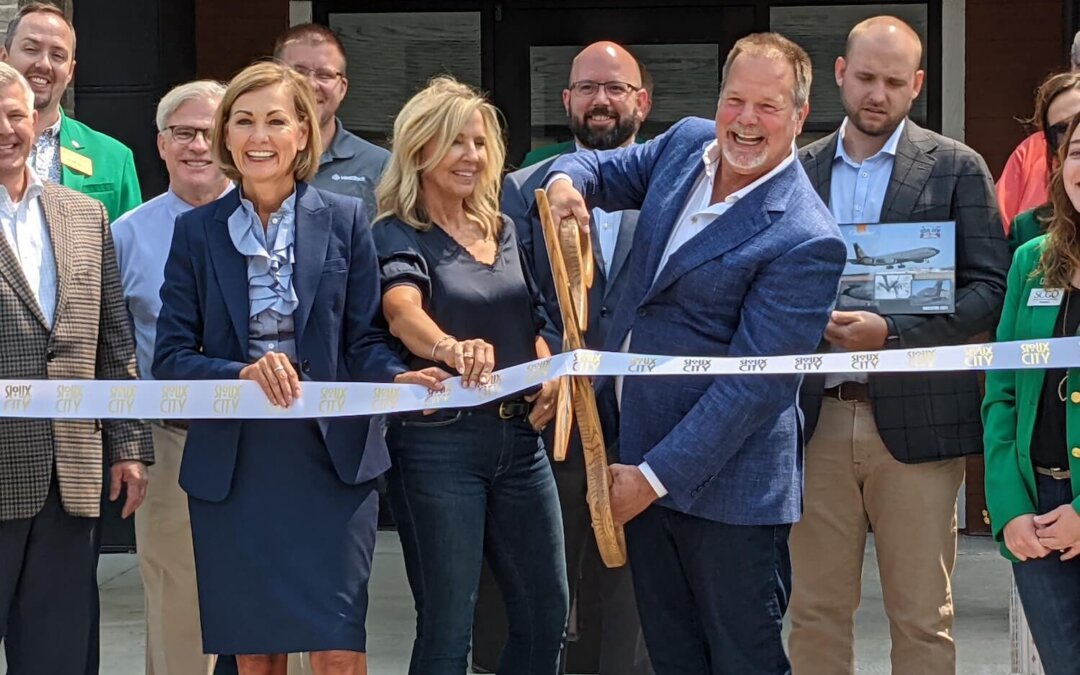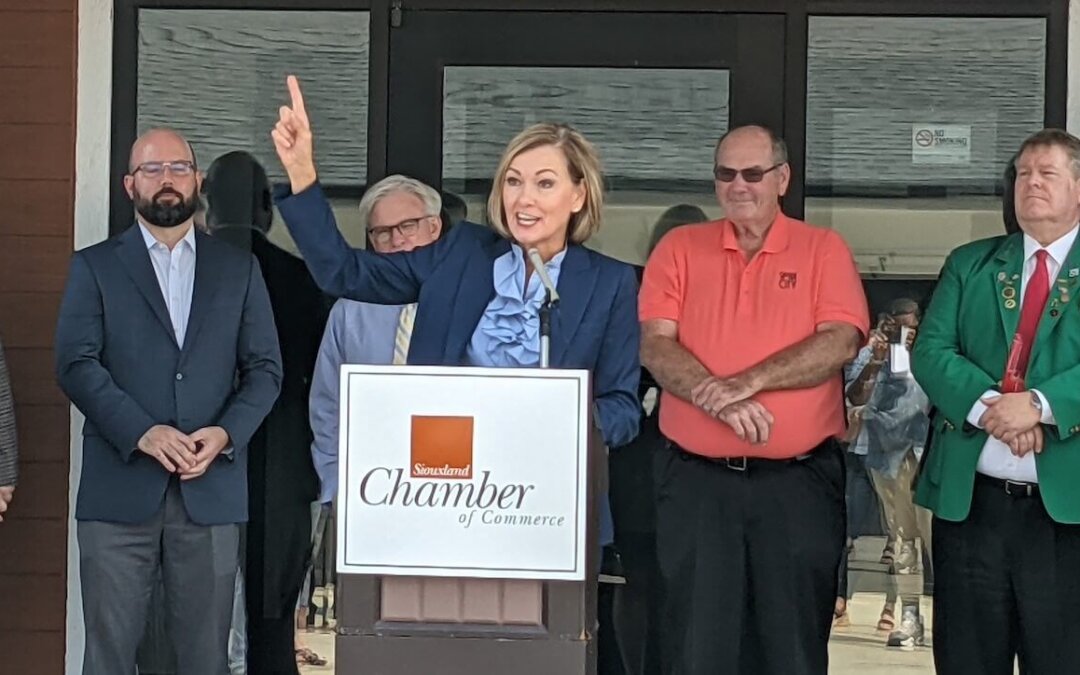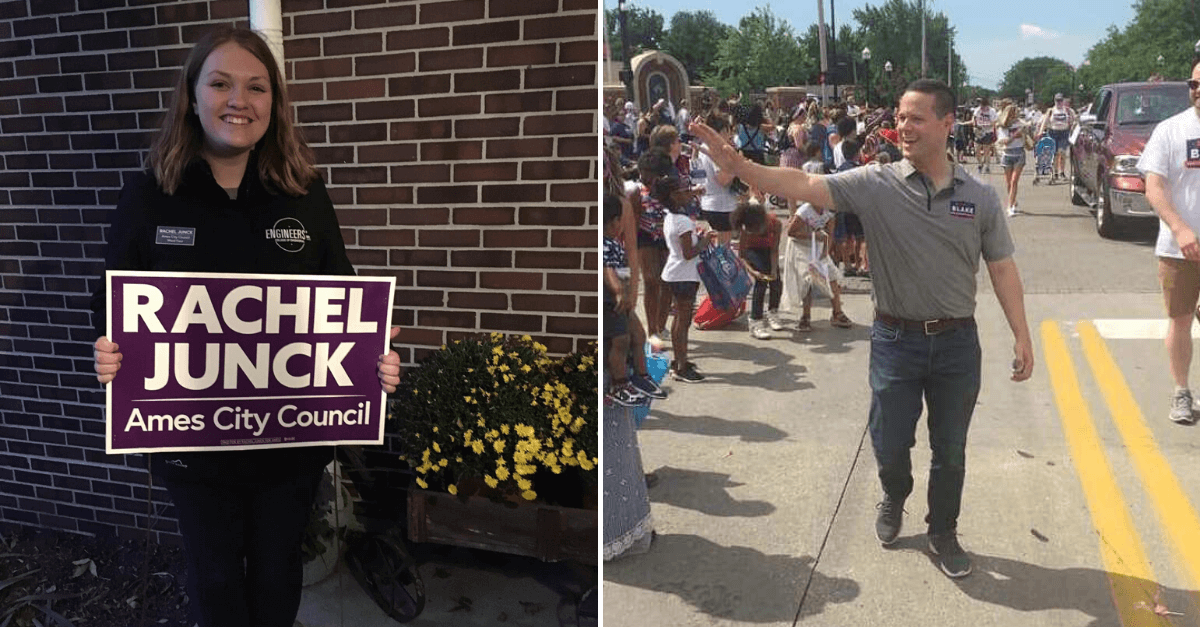
Several local races across Iowa have demonstrated to advocates that over time, housing issues have the potential to be winning campaign issues.
Candidates in Urbandale, Iowa City and Ames won their bids for city council seats on platforms focused on affordable housing needs. The success of the issue on the campaign trail has led some experts to wonder if housing will really be an effective issue to campaign on in future national elections.
“I’ve never seen anybody have affordable housing being the top one or two things that they talk about. It’s usually low taxes and economic development,” Polk County Housing Trust Fund executive director Eric Burmeister said. “From a local perspective, we have folks who used, effectively, the issue of affordable housing to win elections.”
Urbandale
One of the most prolific affordable housing races occurred in Urbandale, a suburban community sitting on the northwest outskirts of the Des Moines metro.
Last April, elected officials in the city vetoed a project to build a 43-unit apartment complex on an empty lot near Merle Hay Mall. Soon after, council member-elects Matt Blake and Bridget Montgomery jumped into the race for Urbandale’s open council seats.
[inline-ad id=”1″]
The location for the $9 million development — proposed to offer housing to low-income families and accept tenants using federal housing assistance vouchers — was not zoned for apartments. Council members at the time voted against rezoning the property.
“I had already made the decision to run for city council and to prioritize affordable housing before this project happened, but it brought a lot of negative attention to Urbandale,” Montgomery said. “I wasn’t just jumping on the bandwagon because of the negative press, but it made it so that when I was knocking doors and talking about the need for affordable housing in our community, people were like, ‘Yeah! I know what you’re talking about.’”
Montgomery, who has a master’s degree from the University of Iowa in urban planning with a focus on housing and economic development, said the issue was something she has long cared about.
For the last 12 years, Montgomery has been a stay-at-home mom and on Urbandale’s planning and zoning committee. Her past also includes working in Des Moines in the city’s neighborhood development division.
“It’s just been an important part of our family consciousness,” Montgomery said. “I’d always thought about running for council, and I always knew that affordable housing, just because of my background, would be an important part of my platform.”
[inline-ad id=”3″]
Blake’s platform is largely focused on infrastructure, but after knocking on doors, the Iowa Army National Guard judge advocate said he realized how large of an issue housing was in the city.
The Merle Hay Mall zoning question was something that was discussed widely while knocking doors, Blake said.
“I think my campaign … talked to 9-10,000 people and it was quite prevalent. People were very concerned,” he said. “And with kind of the issues with incoming inequality that are rising within our community, I think people were a little bit more aware that we need to be focusing on some of these housing options, both affordable housing and also just housing that is lower cost that millennials can buy into when they start their house-buying process.”
[signup_form]
Iowa City
Laura Bergus and Janice Weiner took at-large city council seats in Iowa City, where the election was focused on an increase in affordable housing, as well as a need to improve public transportation.
Eighteen percent of households in Johnson County earn the lowest levels of income, while 40% of all households fall into the low-to-moderate-income level. Both of these groups are struggling to pay for housing, said Johnson County Housing Trust Fund executive director Ellen McCabe.
Both council-elects beat out Megan Alter, another candidate running on the issue, for seats previously held by Mayor Jim Throgmorton and Councilor Rockne Cole.
“In Iowa City, all three candidates for two positions included affordable housing for a regular point to raise. It’s having a really big moment locally because 58% of the population can relate to struggling with rising home prices,” McCabe said.
[inline-ad id=”0″]
In Johnson County, rent is higher than any other place in the state, according to Sara Barron, executive director of the Johnson County Affordable Housing Coalition. So, the county has strong support among voters for affordable housing to be a central issue on campaigns.
“Local candidates really did not run for roles in Johnson County anymore without making affordable housing a central point of their campaign. We see almost every candidate who runs for office acknowledging that affordable housing needs to be addressed,” she said. “We’ve seen [the issue of affordable housing] increasing over the last couple of years, as voters grow more aware of the threat to housing affordability and as it impacts more and more households.”
Ames
In Ames, Iowa State University student Rachel Junck won her runoff race against incumbent Chris Nelson for the 4th Ward City Council seat earlier this month.
Born and raised in the city, Junck is one of the youngest women elected to public office in the state’s history. Her platform focused on affordable housing and climate solutions. She said she noticed housing was an issue when talking to young people who accept jobs outside of Ames because they can’t afford home prices.
“Affordable housing is difficult for the people who have lived in Ames, people moving to Ames, and also for a lot of the young people that study here at Iowa State,” she said. “It’s difficult for them to find affordable housing and rent as well. So I knew it was an issue that affected a lot of people in our community and that’s why it was a part of my platform.”
[inline-ad id=”2″]
Junck is a chemical engineering student at Iowa State and will graduate in the spring of 2021. She will be sworn-in Jan. 2 but has already been participating in training sessions, she said.
One of the first things she’ll try to accomplish on the affordable housing front, she said, is making a renter’s bill of rights and advocating for looser zoning laws in the city.
“What I would love to see is more inclusive zoning, so being able to have smaller lot sizes and accessory dwelling units on existing properties would be a way to make smaller, denser scaled housing that could be more affordable,” Junck said. “Another issue I hear from a lot of young people is issues with their landlords or properties that aren’t maintained, so I think it’s important to look at the tenant-landlord relationships.”
[inline-ad id=”4″]
How Local Wins Might Affect The National Housing Conversation
“[Housing is] rising to the national level, but this past election cycle for city council people, you couldn’t get elected without talking about affordable housing. It had to be in your platform,” McCabe said.
Housing policy is local, Burmeister said, but resources come from federal sources, so the election of leadership in local races based on housing needs is promising, as it depicts the mobilization of voters ready to act on the nation’s widening affordability needs.
“I am personally more encouraged by some of the local races than I am by having a question in the debate about affordable housing,” Burmeister said. “It’s going to take a whole lot more than just a president who thinks affordable housing is an issue that Washington needs to address to get Washington to address it.”
By Isabella Murray
Posted 12/13/19
Politics
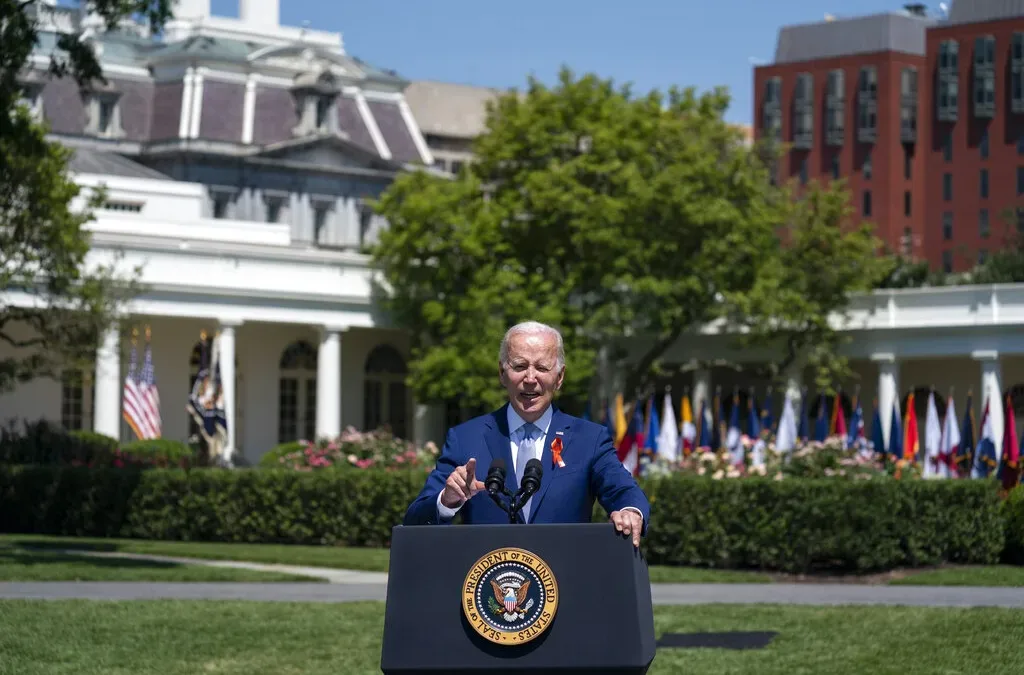
Biden announces new action to address gun sale loopholes
The Biden administration on Thursday announced new action to crack down on the sale of firearms without background checks and prevent the illegal...
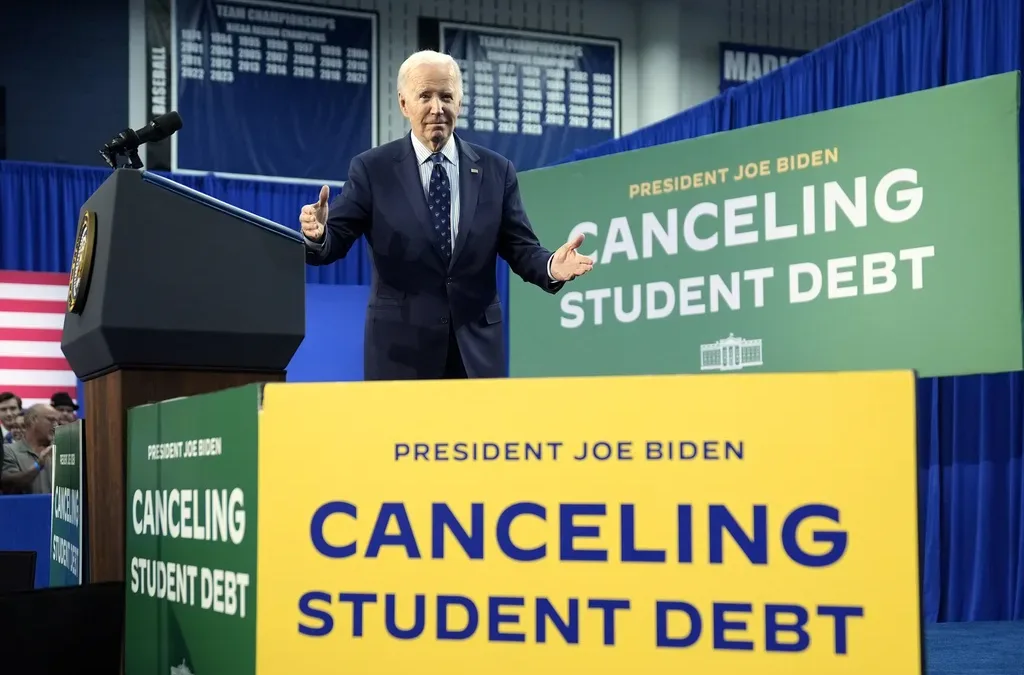
Biden cancels student loan debt for 2,690 more Iowans
The Biden administration on Friday announced its cancellation of an additional $7.4 billion in student debt for 277,000 borrowers, including 2,690...
Local News

No more Kum & Go? New owner Maverik of Utah retiring famous brand
Will Kum & Go have come and gone by next year? One new report claims that's the plan by the store's new owners. The Iowa-based convenience store...

Here’s a recap of the biggest headlines Iowa celebs made In 2023
For these famous Iowans, 2023 was a year of controversy, career highlights, and full-circle moments. Here’s how 2023 went for the following Iowans:...



